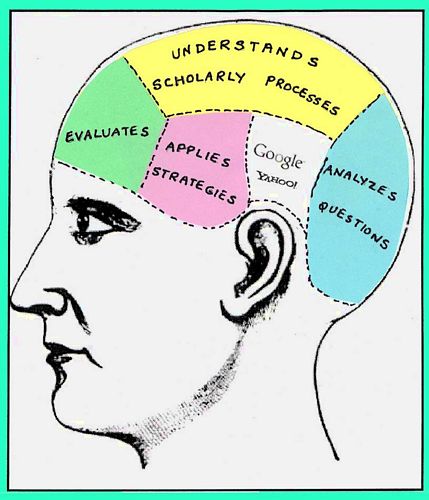
Hello again loyal readers! Yet again I will expound on the joys of recognizing and acquiring the skills necessary to become a media literate citizen! Over the course of a semester at my college I have had the privilege of learning about the influences, motivations and effects that media impacts on myself and my fellow citizens throughout the course of our lifetimes. Why do I buy Levi's and Champion sweatshirts? Is it because they are so much superior to their competitors or is it the esteem our culture places on such nominal items? I still don't know why but at least I thought about it. Little things like our daily purchases to the most important of world events are shaped by how and what kind of media we interact with. I have had a wonderful Teacher that has enlightened me to many subtleties of the media. Of most interest is knowing who owns certain types of media and to what extent. Knowing the relations of one media to another and the motivations behind what one form does or says in regard to the other is often influenced by...you guessed it! MONEY! A book that is lauded as phenomenal on a talk show may very well be published by a parent company of the television studio itself. Same goes for radio mentions of products and services as well as movies and even singers/songwriters. Once in a corporation that parent company will ensure that the profits of its entities continue to have every chance to grow as long as doing so remains viable. Whew, if you made it through that little diatribe then thanks for the time.
I wanted to address another important issue concerning the importance of acquiring at least some degree of media literacy. Jane Tallim (an education specialist in Ontario) said it best "Media literacy is the ability to sift through and analyze the messages that inform, entertain and sell to us every day. It's the ability to bring critical thinking skills to bear on all media-from music videos and Web environments to product placement in films and virtual displays on NHL hockey boards. It's about asking pertinent questions about what's there and what lies behind media productions-the money, the motives, the values and the ownership-and to be aware of how these factors influence content." This indeed is the very heart of what it means to be media literate. Although I can just as easily enjoy a show of "Everybody Loves Raymond" as I could four months ago, now I feel a twinge of resentment when "Ray" turns his little juice box towards the camera so we can all get a good look at the MOTT'S logo emblazoned across the container. Then what do ya know! "Debra does the same thing! What are we? A bunch of morons? Nope. Just mostly media illiterate common folk. Bye for a while everybody, I've had enough.
I wanted to address another important issue concerning the importance of acquiring at least some degree of media literacy. Jane Tallim (an education specialist in Ontario) said it best "Media literacy is the ability to sift through and analyze the messages that inform, entertain and sell to us every day. It's the ability to bring critical thinking skills to bear on all media-from music videos and Web environments to product placement in films and virtual displays on NHL hockey boards. It's about asking pertinent questions about what's there and what lies behind media productions-the money, the motives, the values and the ownership-and to be aware of how these factors influence content." This indeed is the very heart of what it means to be media literate. Although I can just as easily enjoy a show of "Everybody Loves Raymond" as I could four months ago, now I feel a twinge of resentment when "Ray" turns his little juice box towards the camera so we can all get a good look at the MOTT'S logo emblazoned across the container. Then what do ya know! "Debra does the same thing! What are we? A bunch of morons? Nope. Just mostly media illiterate common folk. Bye for a while everybody, I've had enough.

